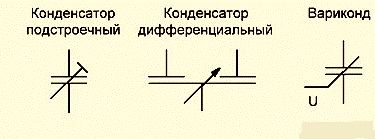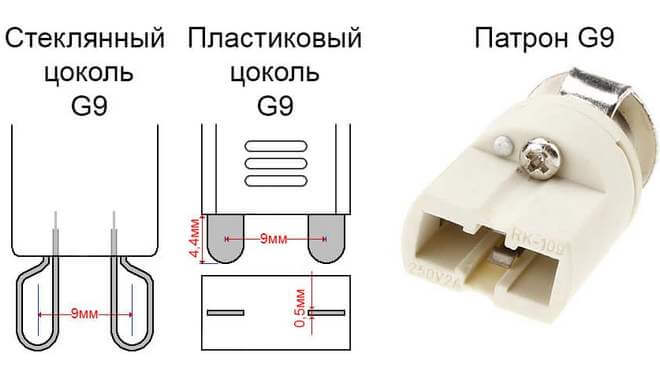Definition of Favorite
“Favorite” (or “favourite,” if that’s the spelling you favour) is a word that can be used both as a noun and as an adjective.
When used as a noun, “favorite” can have two meanings. When we like someone or something more than other people or things, we can use the word favorite to let the world know:
I had many toys when I was a child, but the fire truck was my favorite.
Favorite is also a word that pops up frequently in relation to competitions. We call the person most likely to win the competition “the favorite”
Although he’d entered the tournament as the favorite, he still had a couple of tough matches in front of him.
We mentioned that favorite can also be used as an adjective. When we use it like that, favorite has only one meaning—“most liked” or “preferred”:
Blue is Peter’s favorite color. He likes red, too, but not as much as blue.
Favorite vs. Favourite: Examples
The easiest way to notice the difference in spelling and its national character is by looking through different national publications or international editions of media outlets.
For the first time in four years, TJ’s did not earn the title of favorite supermarket in America, despite its cult following.”
To help kick off the delicious cake feast, top chefs and cooks have shared their favourite (and easy to make) recipes.
To celebrate HuffPost Canada’s fifth anniversary, we’ve compiled some of our favourite splashes.
Current odds are making Russia’s superstar Sergey Lazarev the hot favourite, with the UK’s Joe and Jake coming in at a respectable seventh place in the bookies’ list of favourites.
The Origins of the Two Spellings of Favorite
“Favorite” and “favourite” share a common backstory with other words in the English language. The word “color,” for example, is spelled with an “-or” ending in American English, while in British English it’s spelled “colour.” There are plenty of other examples: “flavor” and “flavour,” “honor” and “honour,” “rumor” and “rumour.” The list could go on and on.
For a long time, there was no consensus on how words ending with -or or -our should be spelled in Britain. We know that Samuel Johnson, the famous British lexicographer, had a strong preference for the -our versions of words, as is evident from his 1755 dictionary. On the other side of the pond, an equally famous American lexicographer, Noah Webster, wanted to make the English language used in America truly American. So, his 1828 dictionary recommended the -or spellings of the disputed words. To this day, Webster gets a lot of credit for influencing the way Americans write English.






